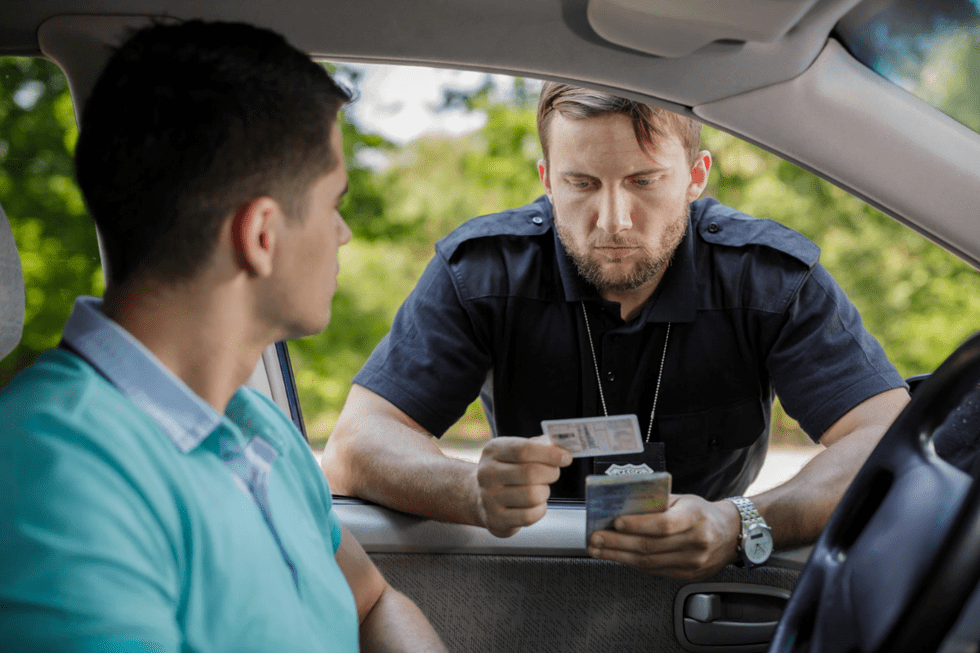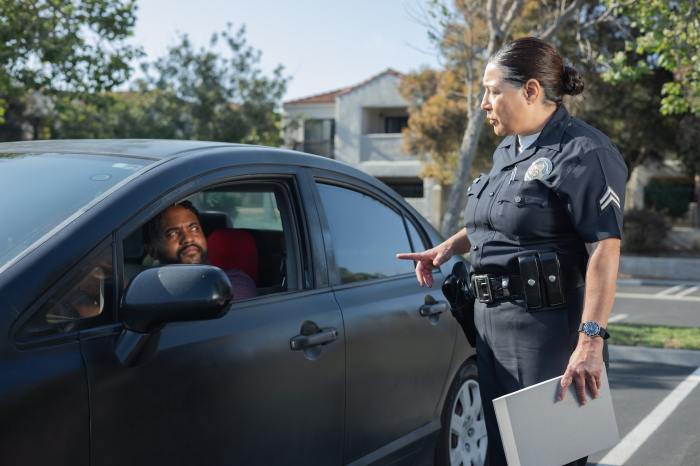Navigating the complexities of surchargeable events and their potential impact on driving privileges can be a daunting task. This comprehensive guide delves into the intricacies of which surchargeable events count toward possible license suspension, empowering drivers with the knowledge to make informed decisions and safeguard their driving records.
Surchargeable events encompass a wide range of traffic violations that carry additional penalties beyond fines, potentially leading to license suspension if multiple events accumulate within a specified period. Understanding the types, consequences, and exceptions associated with these events is crucial for responsible drivers.
1. Definition of Surchargeable Events

Surchargeable events are traffic violations that can lead to the accumulation of points on a driver’s license. These points can eventually result in license suspension or revocation. Common surchargeable events include speeding, running red lights, and driving under the influence of alcohol or drugs.
2. Types of Surchargeable Events
Minor Surchargeable Events
- Speeding up to 10 mph over the limit
- Failure to yield
- Improper lane change
Major Surchargeable Events, Which surchargeable events count toward possible license suspension
- Speeding 11 mph or more over the limit
- Running a red light
- Driving under the influence of alcohol or drugs
- Reckless driving
3. Consequences of Surchargeable Events: Which Surchargeable Events Count Toward Possible License Suspension

Accumulating a certain number of surchargeable events can lead to license suspension or revocation. The number of points required for suspension varies by state, but typically ranges from 12 to 15 points within a specified period.
4. Exceptions and Exemptions
There are some exceptions to surchargeable events. For example, in some states, minor traffic violations are not considered surchargeable events if they are committed while driving for work.
5. Rehabilitation and Removal of Surchargeable Events
Drivers who have accumulated surchargeable events can rehabilitate their licenses by completing a driver improvement course or attending traffic school. In some cases, surchargeable events may be removed from a driving record after a certain period of time.
6. Prevention of Surchargeable Events

There are a number of strategies that drivers can use to avoid surchargeable events. These include:
- Obeying the speed limit
- Coming to a complete stop at stop signs and red lights
- Yielding to pedestrians and other vehicles
- Avoiding driving under the influence of alcohol or drugs
FAQs
What are the most common surchargeable events?
Speeding, running red lights, reckless driving, and driving under the influence of alcohol or drugs are among the most prevalent surchargeable events.
How many surchargeable events can lead to license suspension?
The number of surchargeable events that trigger license suspension varies by state. However, accumulating multiple events within a specified period, typically ranging from one to three years, can result in suspension.
Are there any exceptions to surchargeable events?
Yes, certain events may be exempt from being counted as surchargeable, such as traffic violations committed while driving an emergency vehicle or during a declared state of emergency.